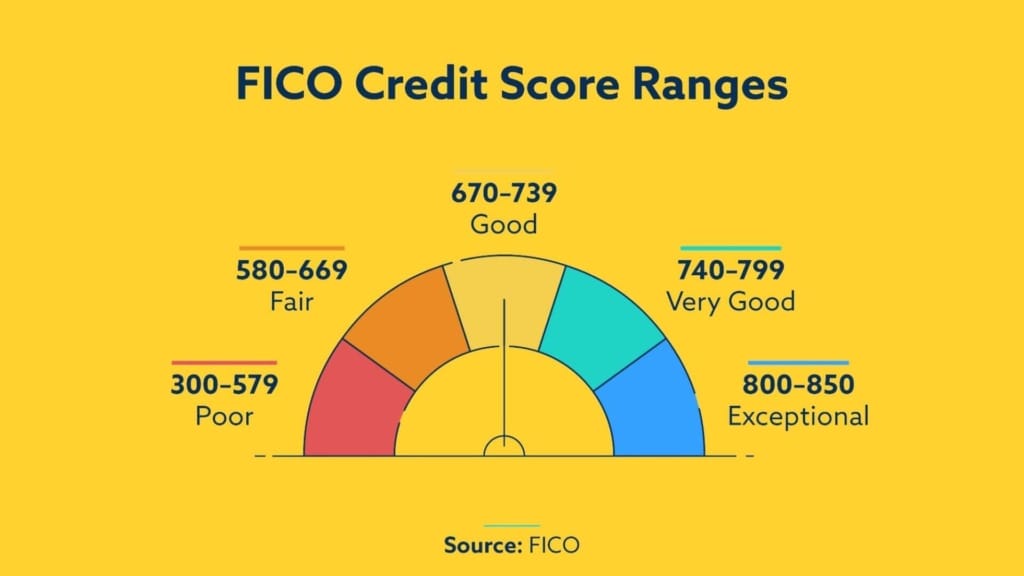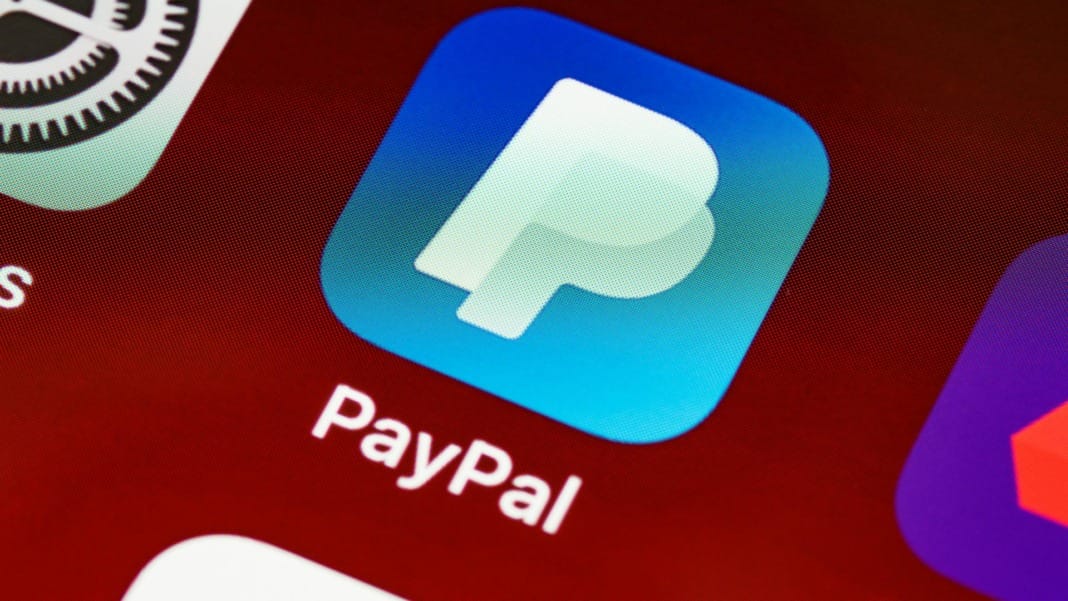In a remarkable financial turnaround, trading platform Robinhood’s stock has reached its highest level in nearly two years. Closing at US$14 on Friday, up from US$11.94 on February 13, this uplift comes in the wake of an unexpected profit in the fourth quarter. This improvement was largely driven by an increase in interest income from customer loan repayments and a rebound in trading activities. According to a report by Reuters, Robinhood is on a trajectory towards reaching breakeven or profitability soon. This positive trend in a leading public fintech company is a promising indicator for the broader private fintech sector. Last year’s insights from CEO Vlad Tenev at TechCrunch Disrupt shed light on the strategies behind this success.
A unique dating app based on credit scores
The fintech world has recently seen the emergence of ‘Score’, a novel dating app that integrates romance with financial credibility. Developed by Neon Money Club, this platform is designed for individuals with a credit score of at least 675, highlighting the significance of financial stability in relationships. Dominic-Madori Davis of TechCrunch provides an insightful overview of the app’s purpose and its inception, while various reactions on social media platforms paint a picture of the public’s diverse opinions. This innovation underscores a growing recognition of the importance of financial health in personal connections.

Significant investment activity in the FinTech sector
The fintech funding landscape is buzzing with activity. Finom, a European challenger bank focusing on SMEs and freelancers, has raised €50 million (US$54 million) in a Series B equity round, reflecting a strong vote of confidence from investors. Additionally, FlowFi, a startup creating a marketplace for finance experts aimed at entrepreneurs, has closed a US$9 million seed funding round led by Blumberg Capital, demonstrating the sector’s appetite for innovative fintech solutions.
In a significant move for fintech in Latin America, Bold, a company focused on developing electronic payment infrastructure in Colombia, has secured US$50 million in Series C funding, with General Atlantic playing a key role in the investment.
PayPal Ventures has also made a notable entry into AI investment, with Rasa, an enterprise-level conversational AI platform, raising US$30 million in a Series C round. This investment signals PayPal’s growing interest in advanced technologies within the financial sector.
Global expansion and competitive developments in FinTech
The global fintech scene is witnessing significant developments. In India, the challenge of implementing regulations to control the dominance of giants like PhonePe and Google Pay in the UPI payments network, which handles over 10 billion transactions a month, illustrates the complexities of managing tech giants in the financial space. Meanwhile, Rippling’s establishment of its Asia-Pacific headquarters in Sydney, Australia, and the appointment of Eisar Lipkovitz, a former JPMorgan executive, as its new chief product officer, highlight the company’s ambitious global expansion plans.
In a competitive response to Apple’s recent hike in the interest rate for its Apple Card savings account, Cash App has raised its APY to 4.5% for Cash App Savings customers, though with some stipulations. This move reflects the ongoing innovation and rivalry in the fintech industry.
This week’s developments in fintech showcase a blend of creative solutions, strategic funding, and global growth initiatives, underscoring the sector’s dynamic and progressive nature.





